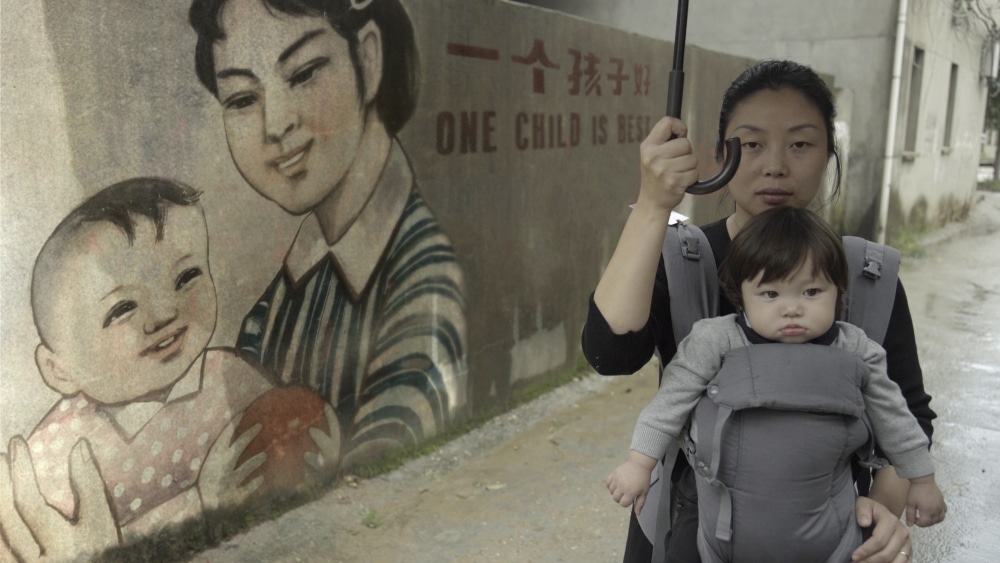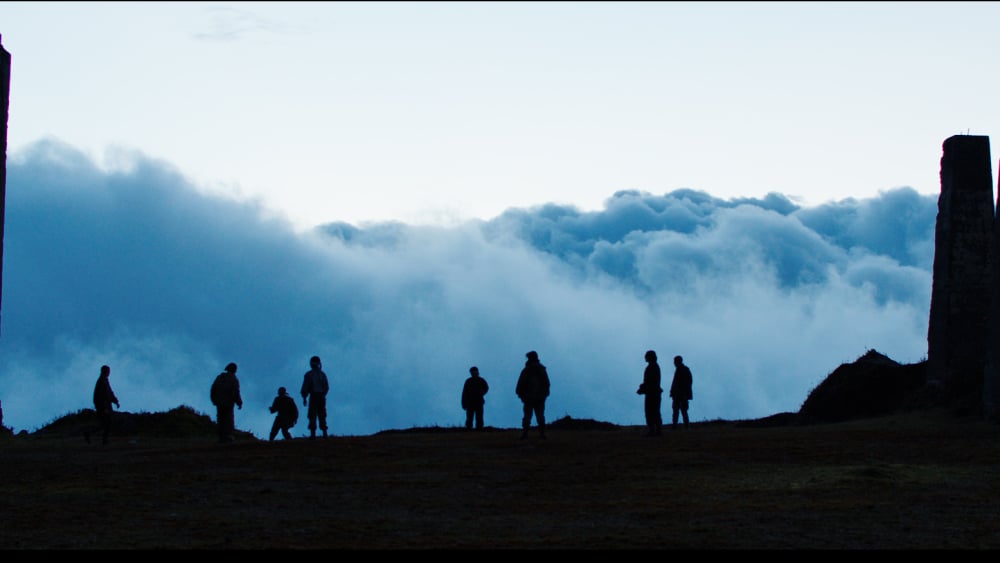Read also:
How to Watch FX Live Without CableHow To Watch AMC Without CableHow to Watch ABC Without CableHow to Watch Paramount Network Without CableWell, we made it. After six days, seven nights, 21 movies, and one time that I thought I was sick when it turns I’m just a wuss to dry air, we’ve made it through Sundance 2019.
We’ve also made it to the first and only day of all-good movies. Now that’s a way to go out.
First up was Joanna Hogg’s deeply personal The Souvenir, a film set in firmly in the 1980s art school scene and based on her personal experiences. It focuses on 24-year-old Julie (Honor Swinton-Byrne), a filmmaker with something of a catchphrase. “It strikes me as interesting,” she says of her projects. Interesting—the catchall word that can mean as little or as more as the other person wants it to. She soon begins an affair with a professor named Anthony (Tom Burke) who, by that logic, is the epitome of “interesting,” a faded Rorschach of a man who’s as curt as he is condescending. It isn’t until Julie is faced with the adversity of the male ego that she can find the words, and that’s even why she’s drawn to him.
There are several gender-driven themes throughout The Souvenir—the narcissism of men in art being a major one—but for all her astuteness, Hogg isn’t as interested in Anthony’s sexism as other filmmakers might have been. That isn’t to say he’s absolved from his actions, but he’s indicative of a larger topic: a fatal flaw often passed off as idiosyncratic instead of shallow. It’s only fitting that he’s a wan character to behold, even if the conflict may run a bit thin towards the end.
The Souvenir is tactile and washed out by design with characters bathed in the kind of lighting usually reserved for a cloud. Their surroundings, however, are left to breathe in the textures. They’re just as we remember them: harsher and bolder, with an ephemeral intimacy that only comes with eye-to-camera contact. It’s a layered, rooted, and just-left-of-symmetrical picture that allows viewers to fill in as much or as little of everyone’s history as they’d like.
Some may find this frustrating, but it’s only fitting given the naïveté that clouds Julie’s judgment. “We don’t want to see life as it is,” Anthony tells her. “We want to see it as it is experienced.” It’s the one reasonable piece of advice that Anthony gives, and Hogg follows it closely.

And then we shift from one deeply personal film to another. Next was One Child Nation, Nanfu Wang and Zhang Lynn’s documentary about China’s one-child policy and its lasting impacts. More specifically, the film follows Wang herself as she, after becoming a mother, looks back at the ways her country’s government impacted herself and an incalculable number of others.
At just 85 minutes including credits, Wang zips through the history that’s appropriate to her narrative: the population crisis of the 1980s, the ensuing measures, and a handful of people who fell victim to the regime. That said, she never loses sight of her empathy, and with its tonal levity and even some darkly funny undercurrents, One Child Nation quickly proves itself as the work of a filmmaker telling her own story. Wang finds a decent balance between internal and external motivation in her storytelling. She doesn’t spoon-feed the wider parallels or telegraph the emotional arcs. That leaves its only big issue, then: how drab this thing looks.
A good amount of the imagery is evocative. That much is true. The graffiti on the walls, the long takes during the interviews, and some surreal archive footage definitely keeps the viewer’s attention. But Wang and Lynn capture so much of the film in a stagnant yellow hue and bland staging that the movie doesn’t feel very—wait for it—cinematic. It actually reminded me of The Infiltrators from earlier this week in how much the visuals bothered me, but One Child Nation is more successful in its consistency despite its TV-like qualities.

There were two and a half hours between that film and my last one of the festival. That film was Monos, and what an ending to my week it was. It isn’t a perfect movie by any means but it’s definitely something to behold: a slap to the face that’s nearly impossible to keep up with. Alejandro Landes’s Lord of the Flies-times-ten follows a teenage militia in the unspecified mountains of South America tasked with guarded a nigh-deified cow. That’s just the first 20 minutes or so, though, and when that doesn’t go to plan, all hell breaks loose. We’re talking murders, paranoia, a complete loss of innocence, and an American doctor (Julianne Nicholson) held hostage. It was also after 20 minutes that I realized the plot is not at all the real draw here. Honestly, there were several times that I inaudibly asked, “What the hell is going on?!”
Monos is a look at guerrilla warfare on the surface. And then it rips off its skin… and pumps an adrenaline shot straight into your corneas from the fog of the opening to the blood spatter that follows. Jasper Wolf shoots the action with an eye-peeling twitchiness. Mica Levi’s (Under the Skin, Jackie) score about proves her gift for blurring the apocalyptic and the elative. Their work, along with some cutthroat editing, makes most of the film feel like it’s perched on the edge of the world. It can be too chaotic for its own good and even a little shallow, but only a group of deeply talented filmmakers could have made this hair-singeing fever dream.
If that sounds like your kind of jam, it more than likely will suffice. I do wish that there were slightly fewer characters, though. The film makes it very clear that they’re meant to blend together to an extent, but once they each get their own scenes, an underlying sense of repetition starts to set it. This isn’t like mother! in how it balances narrative simplicity and technical complexity. But hey, at least it’s amusing even when it doesn’t stick the landing.
It was fitting to walk out of the Park Avenue Theatre with my mouth slightly agape only for the snowfall to pelt my mouth. It was fitting not just after Monos but also for an end to an almost-week at Sundance, and I look forward to returning in the future. Thanks for reading, and remember: if you come across a cow named Shakira that’s being guarded by eight gun-wielding kids, run far away.